News & Media
From 2012 to 2020, Fr. Paul Mankowski, SJ delivered hundreds of lectures and master classes at the Lumen Christi Institute. Seeking to share the depth of his scholarship, this podcast offers many of his lectures (edited for coherence and quality) to the public in digital format for the first time. The first season will feature a course that Fr. Mankowski gave on Joseph Ratzinger’s Jesus of Nazareth and dozens of lectures centered around the books of the Bible (including Genesis, many of the prophets, the Gospel of Matthew, and St. Paul’s Letter to the Romans). Episodes will be released on Mondays, Wednesdays, and Fridays from September through December. To conclude the season, we’ll offer one or two interviews with people who knew Fr. Mankowski well and can offer an entry point to his person and scholarship.
Seeking Graduate Reading Groups for the Winter Quarter The University of Chicago is famous for its graduate student reading groups, in which students pursue their own intellectual interests among friends in an informal setting. The Lumen Christi Institute supports this
Announcing the Nicklin Fellows Program for Undergraduates The Nicklin Fellows are the recipients of a competitive, application based fellowship for undergraduate students. Nicklin Fellows are granted exclusive access to research and development grant funds to pursue their intellectual interests. Grants
This lecture was cosponsored by the University of Chicago Divinity School and the In Lumine Network. It was made possible through the support of ‘In Lumine: Supporting the Catholic Intellectual Tradition on Campuses Nationwide’ (Grant #62372) from the John Templeton
The West Suburban Catholic Culture Series returns in 2024 to continue its series on “Faith and Reason as the Two Wings: The History and Enduring Importance of Catholic Philosophy“ REGISTER HERE (Business casual attire encouraged. For questions, please email Marial
In partnership with CREDO, the Lumen Christi Institute is cosponsoring a monthly Economics and Catholic Social Thought Virtual Workshop. The interdisciplinary workshop will take place online the second Friday of each month and feature papers addressing the intersecting domains of
Financial markets have an outsized role in shaping the world in which we live. With so much at stake, how can investors integrate morals and economics? What are the creative solutions Catholic business leaders can apply to the problems of
This summer, unearth the riches of the Catholic Intellectual Tradition with the Lumen Christi Institute’s online short courses. No matter your age, profession, or educational background, these two-day seminars will give you a chance to discover something new in the
Copresented with The Collegium Institute for Catholic Thought and Culture, First Things, and The Portsmouth Institute for Faith and Culture. This online-only event is free and open to the public. Registration is required. For more information, please contact info@lumenchristi.org From
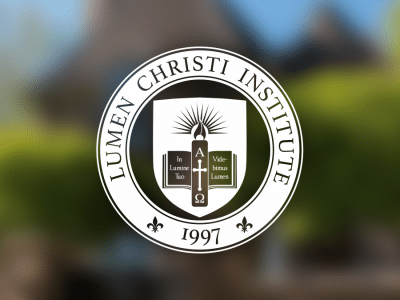

-400x300.jpg)
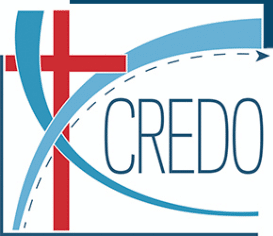
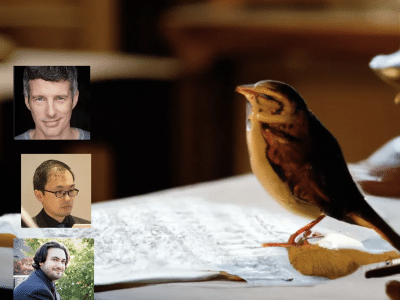
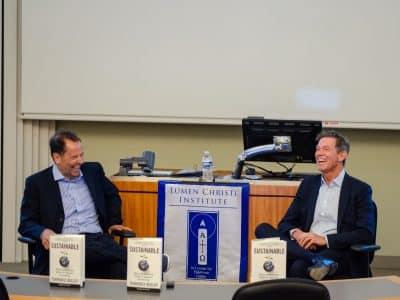
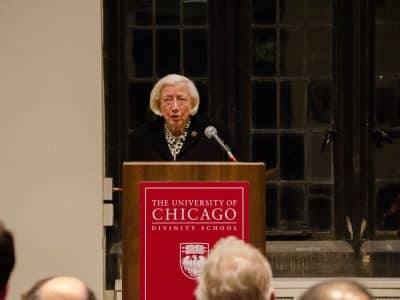
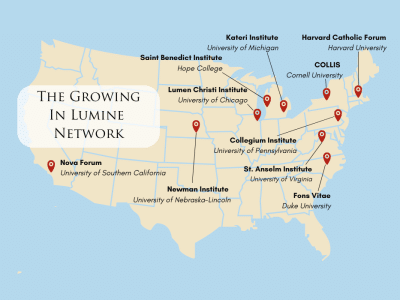
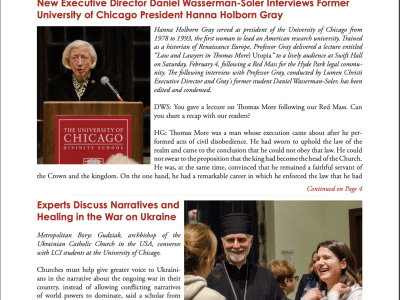
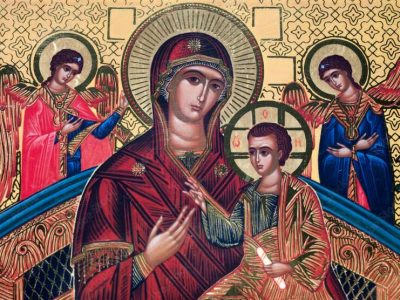
_2-400x300.jpeg)